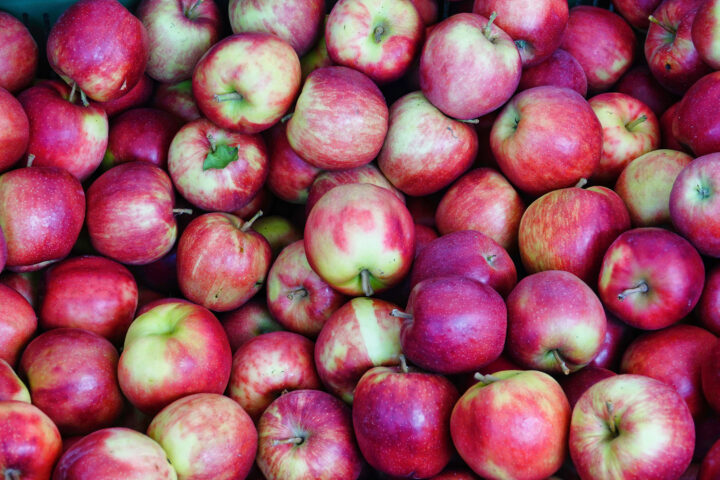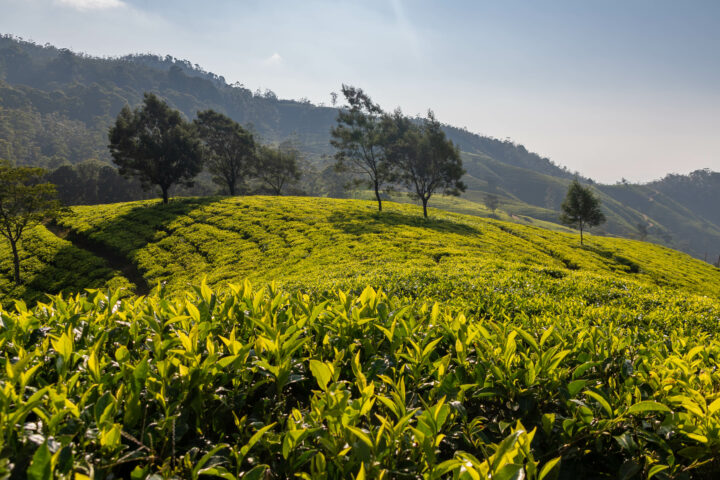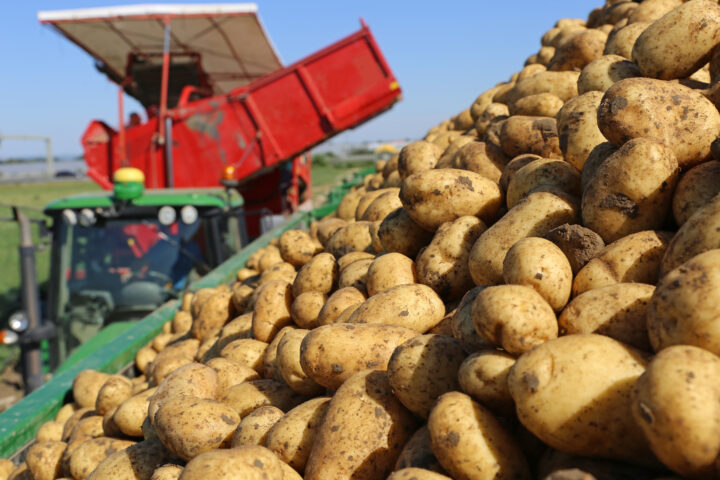
The wind in the genetic debate is turning
Politics and business are increasingly opening up to new breeding methods such as genome editing. Until recently, this would have been unthinkable. The change of opinion has to do with the voices from science, which are now slowly becoming heard. Even exponents of the Greens are no longer categorically opposed to the debate on new breeding technologies.
Monday, February 28, 2022
The genetic moratorium has been a sacred cow in Switzerland since the 2005 referendum. It has already been extended four times. Serious debates on new breeding technologies and advances in plant genetics have not yet taken place. Regardless of the opportunities offered by new breeding technologies, "GM-free" food continued to be elevated to the status of a quality feature of Swiss agriculture. But as the St. Galler Tagblatt writes, a change of heart is currently taking place in politics.
Opportunities instead of risks
Instead of just talking about risks and dangers, the chances of new methods of plant breeding are suddenly also being discussed. This is mainly thanks to researchers. In contrast to the past years, the voice of science is getting louder. And it is being heard. From a scientific point of view, the GM moratorium cannot be maintained. The Nobel-winning gene shears CRISPR/Cas9 offer the possibility of growing more profitable, pest- and disease-resistant plants within a useful period of time. Against the background of climate change, these are decisive advantages over the existing breeding methods, which require significantly more time for the breeding of a new variety.
Farmers are coming around
Farmers also recognize that research has provided important impetus. "Research can make an important contribution, especially in the development of more resistant plants," says Markus Ritter, president of the Swiss farmers' Association in the St. Galler Tagblatt. Farmers' openness to genome editing probably also has to do with the fact that climate change is forcing them to innovate. At the same time, it is an opportunity for them to operate more sustainably and to use fewer plant protection products. Christian Wasserfallen from the FDP argues along the same lines: "If we want to reduce the use of plant protection products and water consumption, we need these new technologies."
Overcoming dogmas
And Jürg Grossen from the GLP also wants to overcome old dogmas. The two agricultural initiatives of the summer of 2021 had made people aware of what farmers are struggling with. Genome editing offers the opportunity for more sustainable agriculture. Even the lady, Maya Graf (Green Party), who has become known for her commitment to the genetic moratorium, leaves the door open for debate: "I am not one who categorically fights for the moratorium until the last breath," she says in the St. Galler Tagblatt. And thus confirms the change in the discourse on new breeding technologies.
Related articles

Science resists ban on GMO crops
The Supreme Court in the Philippines wants to stop the cultivation of genetically modified plants Golden Rice and Bt aubergine (Bacillus thuringiensis). This is anything but well received by the government and the scientific community: The ban could jeopardise the country's food security.

Where the focus lies in apple breeding
The new head of Agroscope's fruit breeding research group is Andrea Patocchi. In an interview with the trade journal Obst + Wein, he explains where the focus of apple breeding lies today.

Chinese robot picks tea
There is a shortage of tea pickers in China. A robot developed by a researcher is set to remedy the situation and take over the work in future. Thanks to artificial intelligence, the machine can even recognise the shoots of the tea plant. The first harvesting robots are also already being developed in Switzerland.

Potato farmers want robust varieties
As the use of crop protection has been massively reduced, the potato industry now wants to focus on more robust varieties. The industry has even concluded a target agreement with the federal government. This is ambitious: By 2040, robust varieties are to grow on 80% of potato cultivation areas.

